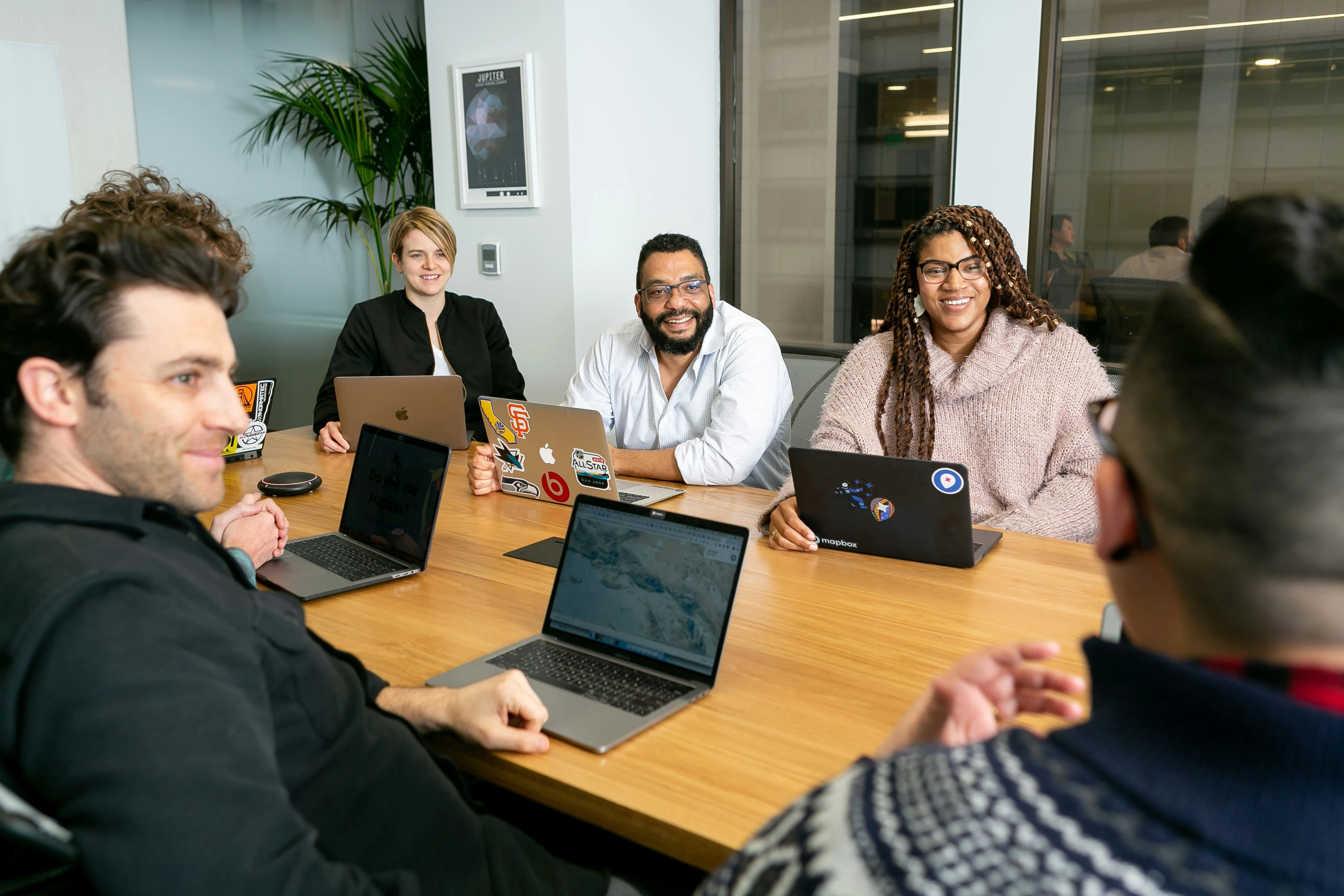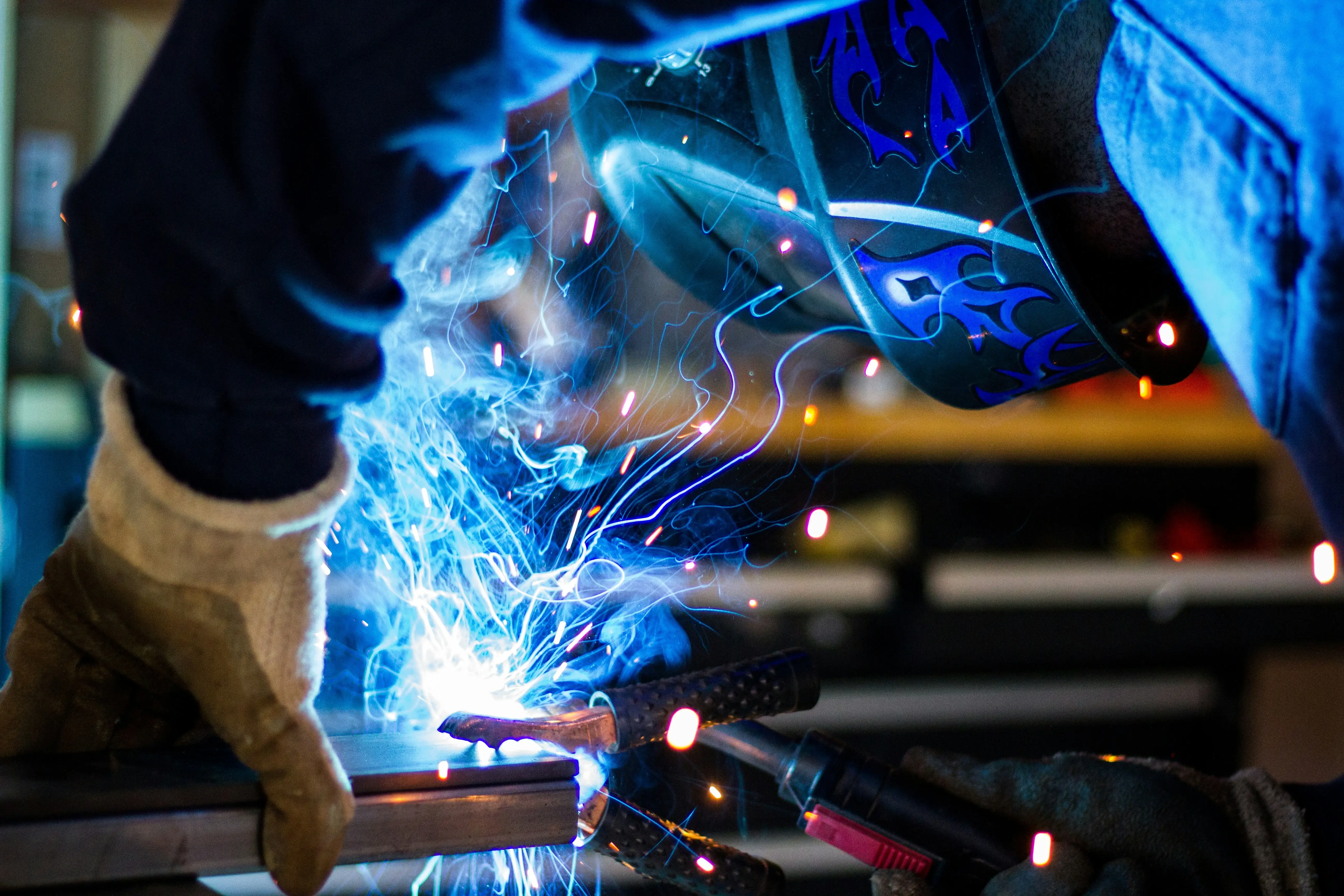Manufacturing enterprises have been using artificial intelligence (AI) more and more in the past few years. AI is being used on factory floors around the world, in an increasing number of applications. CNC machines, for example, have moved beyond automation to AI through embedded algorithms, albeit algorithms that need human guidance, to seek patterns in data by which the machines can self-select appropriate responses.
Deep learning, a growing area within AI, pushes this envelope further, giving machines “supercharged” algorithms that are layered. As one layer uncovers patterns in data, that “knowledge” is passed on to the next algorithm to enhance its decision-making abilities and so forth.
Such applications of AI are proving to be powerful tools for manufacturers in their pursuit of optimal production and customer satisfaction.
AI is also being widely applied to supply chains around the world. Salesforce’s Einstein AI, for example, could alert manufacturers and their channel partners to the potential hit of any unexpected delays in delivery of materials and clearly show how such delays would likely impair production and impact customers. Such knowledge, derived from AI, would allow all companies in a supply chain to adjust and rearrange their production and delivery schedules accordingly to minimize losses.
AI and COVID-19
Could AI go even further? Could it be utilized to predict the possibility of a local disruption becoming global and dramatically impacting supply chains around the world?
The short answer appears to be yes.
In early January 2020, the World Health Organization alerted the world to a flu-like outbreak in China, centered in the city of Wuhan in Hubei province, an area of China that is vital to the country’s One Belt and One Road initiative but is also the manufacturing hub for consumer electronics and automotive parts exported around the world. Hubei, in short, is critical to some of the largest supply chains.
As the virus spread beyond Hubei, it was given a name: coronavirus or COVID-19. The subsequent impact on global supply chains was swift and severe. Fiat Chrysler Automobiles, for example, was forced to shut down production at its plant in Serbia because its supply chain within China ceased to produce critical parts needed to build one of Fiat’s European models.. Other automobile manufacturers suffered the same kind of impact. Apple announced that it was withdrawing its earnings forecast for its latest quarter due to the closure of assembly plants in Hubei.
A Toronto-based company called BlueDot, founded by a Canadian epidemiologist, created an infectious diseases surveillance platform after the SARS outbreak in 2003 and has been using AI to track the COVID-19 virus. The company’s software, using algorithms that gather and analyze data from more than 100 datasets, including airline flight information, is able to anticipate where and when the next outbreak could occur. In fact, the tech firm issued a warning about COVID-19 several days before the World Health Organization and Centers for Disease Control in the United States.
While BlueDot’s algorithms may be proprietary, the principle behind them is not. This is another example – a very timely one – of how AI can help manufacturers to predict potential and potentially devastating interruptions to supply chains.
The Argument For AI Intensifies
Artificial intelligence has taken on new importance and relevance for manufacturers – not to mention, health organizations and practitioners around the world. The COVID-19 virus has disrupted more global supply chains and impacted the world economy faster than any other single event, to date.
Against this backdrop, MuleSoft, a Salesforce-owned company specializing in integration platforms, recently released the results of its 2020 Connectivity Benchmark Report. MuleSoft’s product shelf includes powerful tools for manufacturers to create digital supply chains. The company surveyed 800 global CIOs and IT decision-makers on their plans for digital transformation.
While more than 90% of those surveyed stated they had initiatives in place or underway, 85% of respondents also said they had “significant integration challenges” trying to make their existing data systems communicate with each other. This was dramatically slowing down their path to digital transformation. Not surprisingly, 75% of those having problems claim they’ll lose money in the next year if they don’t move faster on transforming.
With global threats from major climate change events and pandemics forecast by scientists to increase, having a digital supply chain, powered by AI, is no longer a nice idea; it’s an imperative.
To learn more about the role of AI in supply chain management, manufacturers need to turn to a company that is experienced in artificial intelligence in a manufacturing environment and understands the capabilities of AI and how to integrate it within a manufacturing operation. Contact Gerent today. We will be pleased to answer your questions and discuss your needs.









.jpg)